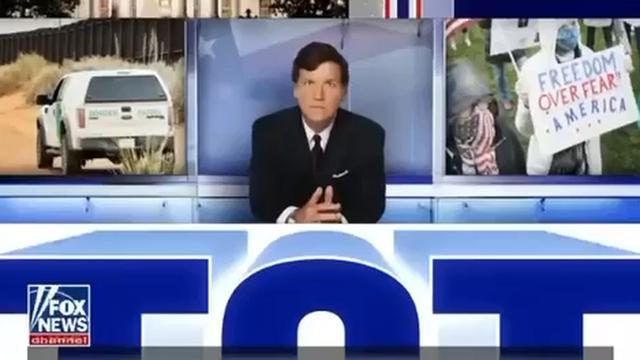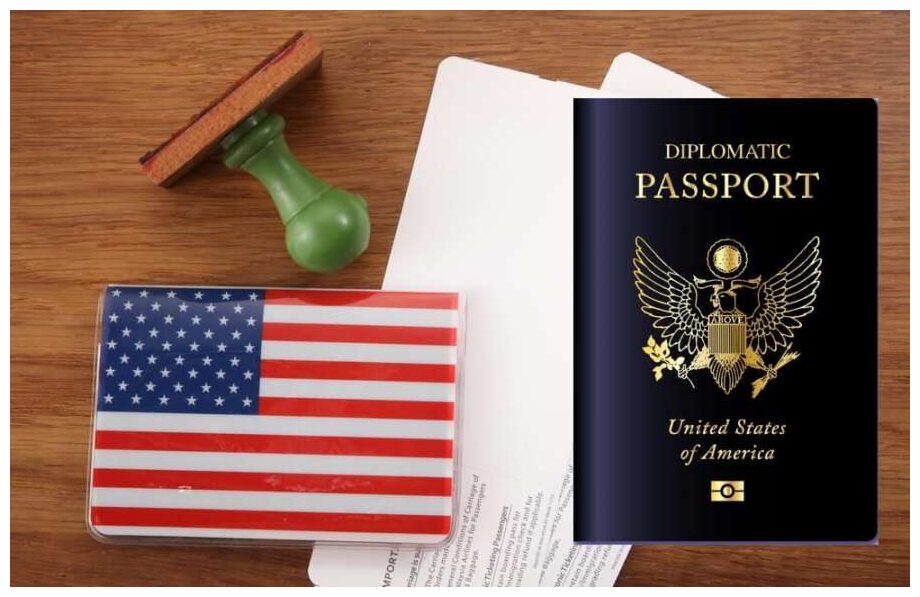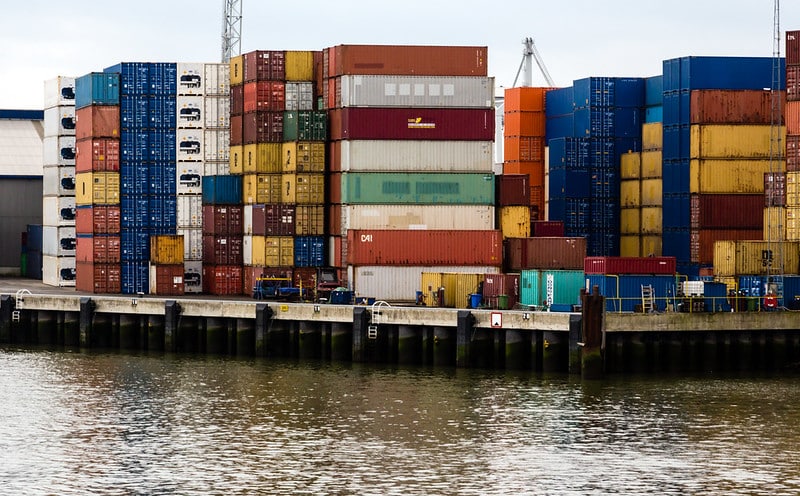I think their purpose is to condition the masses to the normalization of meaningless gibberish. Stare at that giant flat screen and bobblehead nod in agreement at whatever word salad it regurgitates.bjorn, even thought I laughed at what you said here (good thing I didn't have any liquid in my mouth at the time), I just want to say, well said and right to the point. Why those who are in control let her and Biden speak in public is beyond my comprehension.
You are using an out of date browser. It may not display this or other websites correctly.
You should upgrade or use an alternative browser.
You should upgrade or use an alternative browser.
Biden-Harris Administration: The Empire Strikes Back
- Thread starter Niall
- Start date
XPan
The Living Force
I find it remarkable that a 3 Swedish banks were banned... (plus a Danish Danske Bank). [Swe: Nordea, Handelsbanken and Swedbank]. It points out a story of how deep the Nordic Banks often are involved on the international stage in terms of manipulation and corruption...

Sad.
Straight out of 1984 eh? Say the opposite of what you intend smh.The operative is we. Obviously she is deflecting from her role in destroying the constitution.
It reminds me of the discussion in Political Ponerology about the way a ponerogenic union uses speech. If memory serves over time the original meanings of the words change into a kind of code that is obvious to the "insiders" and designed to hide their intent.
I bet he wears them to make identifying young girls whose hair he'd like to smell easier for him.
You might not be that far off the mark. RayBan have teamed up with Meta/Facebook to create RayBan Stories- basically smart glasses with a camera & speakers to capture audio & video (without anyone knowing) and can be directly uploaded to Facebook.
This woman is not only mentally ill, she is also defective
Seeing things like this make me miss George Carlin even more! I'll bet he'd come up with some brilliant commentary on the Evil Muppet Empire that passes for the goberment.

Russia responds to Zuckerberg’s FBI revelations
"The country’s foreign ministry has claimed Facebook CEO has effectively confirmed the feds secretly control major US social media"
"On Friday, spokesperson Maria Zakharova published a post on her Telegram channel devoted to Zuckerberg’s recent appearance on The Joe Rogan podcast. According to the Russian diplomat, Facebook’s first-in-command recounted how FBI operatives had visited him ahead of the 2020 US presidential elections, which ended in victory for Joe Biden, asking him to suppress stories revolving around the “unseemly contents” of Hunter Biden’s laptop on his platforms."
“The men in black ‘convinced’ Mark Zuckerberg… that these were all Russian fakes,” Zakharova added, referencing the podcast."
"She went on to surmise that this kind of “excuse for censorship”
Article below:
A pretty good Tucker Carlson clip. (the unsafe and defective injection)
The satirical point is: Now that the Left has said that the vaxx is Trump's fault we're free to talk about how bad the side effects are, because we can blame it all on Trump now and then he runs down some of the big points of the destructiveness of the vaxx and well you can imagen where it goes from there. (13 minutes long)
and then he runs down some of the big points of the destructiveness of the vaxx and well you can imagen where it goes from there. (13 minutes long)
Video below:

 www.bitchute.com
www.bitchute.com
The satirical point is: Now that the Left has said that the vaxx is Trump's fault we're free to talk about how bad the side effects are, because we can blame it all on Trump now
Video below:

Tucker Carlson on Trump and the COVID unsafe and defective injection
A pertinent clip in light of current situations [14:02] -
Judge Napolitano: How Teddy Roosevelt and Woodrow Wilson Destroyed Constitutional Freedom
In 2012, uber-leftist, Democrat-supporting, Obama-nominated Judge Amy Berman Jackson ruled there was NO provision in the Presidential Records Act to force the National Archives to SEIZE records from a former president.
But Jackson’s ruling made some other sweeping declarations. The most relevant is that a president has the sole power 1) to decide what records are personal vs. official and 2) to declassify or destroy such records at will. /.../
And guess what? No one ever appealed Jackson’s ruling.
A story starting in May 2021 that had lead to the Mar-a-Lago search, and an analysis of heavily redacted search warrant affidavit published on reason.com yesterday brings up the above ruling too.
The Redacted Mar-a-Lago Search Warrant Affidavit Sheds Light on the FBI's Concerns and Trump's Defense
Because the public version of the Mar-a-Lago search warrant affidavit is heavily redacted, it does not resolve lingering questions about the FBI's justification for searching former President Donald Trump's residence at his Palm Beach resort. But the document does shed some light on the circumstances that led to the August 8 search, during which the FBI seized 11 sets of documents marked as classified, along with unclassified presidential records that belonged in the National Archives. The affidavit—which was unsealed by U.S. Magistrate Judge Bruce Reinhart, who approved the search warrant—also clarifies Trump's defense against possible criminal charges stemming from his retention of those documents.
According to the affidavit, which the Justice Department published today, the National Archives and Records Administration (NARA) first requested the return of missing presidential records on May 6, 2021, three and a half months after Trump left office. It "continued to make requests until approximately late December 2021," when "NARA was informed twelve boxes were found and ready for retrieval." Trump's representatives ultimately turned over 15 boxes in January, a year after President Joe Biden's inauguration.
On February 9, after NARA discovered that the boxes contained classified documents, it referred the matter to the Justice Department. NARA reported that the boxes contained "newspapers, magazines, printed news articles, photos, miscellaneous print-outs, notes, presidential correspondence, personal and post-presidential records, and 'a lot of classified records.'" It said "highly classified records were unfoldered, intermixed with other records, and otherwise unproperly [sic] identified."
From May 16 to May 18, "FBI agents conducted a preliminary review" of the 15 boxes. They found "184 unique documents bearing classification markings, including 67 documents marked as CONFIDENTIAL, 92 documents marked as SECRET, and 25 documents marked as TOP SECRET."
[...]
Finally, the unexpurgated affidavit might give us some clue as to the nature of the information that the FBI was trying to protect. We know that it found "scores of additional documents" (per the Times) with markings ranging from "confidential" to "top secret/SCI" (per the search inventory). Trump insists that, despite those labels, he had declassified all of the material that the FBI seized, which implies that he thought it posed no threat to national security. While it certainly would not be safe to trust Trump's judgment on that question (or pretty much anything else), the FBI has not publicly explained why it thought the danger was grave and imminent enough to justify a search that was bound to be enormously controversial.
A pretty good Tucker Carlson clip. (the unsafe and defective injection)
The satirical point is: Now that the Left has said that the vaxx is Trump's fault we're free to talk about how bad the side effects are, because we can blame it all on Trump nowand then he runs down some of the big points of the destructiveness of the vaxx and well you can imagen where it goes from there. (13 minutes long)
Video below:

Tucker Carlson on Trump and the COVID unsafe and defective injection
www.bitchute.com
Open public discussion about the dangers of the vax will make the midterms verrrrryyyyyyyy interesting. I'm sure the PTB have a watertight plan to guide the narrative to their desired ends, but I'd guess this will end in utter chaos. Personally speaking from my point of view from a small leftist dominant city, I know a lot of people on the fence as to the nature of our government and a lot of previously dedicated democrats whom are disenfranchised with the Biden administration. Will awareness of the dangers of the vax and how they were coerced into taking it be enough of a shock to wake them up? Seems quite plausible to me. Either way, the narratives are breaking down harder and quicker everyday. That is something to be thankful for.
Banana republic! 

 www.sott.net
www.sott.net


Diplomatic Immunity, American-Style - The rule of law has disappeared in the US -- Sott.net
In a recent podcast, Kevin Barrett stated that the rule of law has disappeared in the US. This is so obviously true to outsiders looking in, and is even more true of American official conduct abroad, but I find myself wondering about the extent...
It is interesting. That is, there was practically no doubt about the very existence of such a structure, I wonder why the American university declares this. After all, their own efforts are firing. My version is that they are offended that they were not invited and allocated the appropriate budget.
https://news-front.info/2022/08/28/...t-napravlennuju-protiv-rossii-kitaja-i-irana/US scientists have identified an American propaganda network directed against Russia, China and Iran
28.08.2022 23:05
The Center for Cyber Policy at Stanford University and the analytical company Graphika have identified an American propaganda network directed against Russia, China and Iran.
Instagram Facebook, Instagram, VK and Odnoklassniki, with an emphasis on influencing Russian-speaking residents of Central Asian countries, described in detail the methods of work of the group, which promoted pro-Western narratives on Twitter, Facebook, VK and Odnoklassniki.
It is noted that the main ideas that were promoted in social networks to the Russian-speaking audience:\
— "The United States is the main guarantor of the sovereignty of Central Asia against Russia," trying to circumvent sanctions with their help.
— "The CSTO is a dangerous tool that Russia can use to draw the countries of Central Asia into a war against Ukraine."
— "All Central Asian countries should reconsider their relations with Russia in the light of its illegal invasion of Ukraine," which, among other things, could bring world famine.
— "Russia is waging "imperialist wars" in Ukraine, the Middle East and Africa" (at the same time, if attention has been focused on Ukraine recently, it was previously paid to the actions of Moscow and Wagner's PMCs in Africa and Syria).
— The Influence Group also actively shared content dedicated to the success of the United States in the fight against the Islamic State and Al-Qaeda in the Middle East, especially in Syria.
— Also, a lot of messages were devoted to China and mainly concerned the genocide of Uighurs and Muslim minorities in the "re-education" camps in Xinjiang and the humiliation of the rights of Chinese women.
According to Twitter, the activity that was noticed has origins in the US and the UK. At the same time, Meta (Facebook) stated that the sources of information are in the United States.
According to the Americans, propaganda accounts used memes, fake news sites, online petitions and various hashtags in an attempt to promote pro-Western views. Fake accounts with photos generated by artificial intelligence have become especially active after the start of the military operation in Ukraine.
According to Stanford researchers, American fake accounts used translations from the websites of the US Embassies and the resources of Medusa and the BBC Russian Service as news sources.
Это интересно. То есть в самом существовании подобной структуры и так практически не было сомнений, интересно почему об этом заявляет американский университет. Палят ведь собственные усилия. Моя версия- им обидно, что их не пригласили и не выделили соответствующий бюджет.
bjorb
The Living Force
I posted this article earlier in this thread:
"Russia is also relying on literally thousands of Western parts to keep its rival systems up, running and firing on Ukrainian positions.
And today this:
"More than 3,600 ships from Russia have arrived at US ports since February 24, according to statistics cited by the Associated Press."
(The US supported both Russia and Germany during WWII, and the result...? The destruction of Europe. Today it "appears" the US is doing the same thing buy supporting both Ukraine and Russian...and what will the result be?)
Both articles below:

 asiatimes.com
asiatimes.com

 southfront.org
southfront.org
US-made parts keep Russia’s artillery firing in Ukraine
"It’s utterly unclear why the US has not sanctioned the export of high-tech electronic and optical systems to Russia""Russia is also relying on literally thousands of Western parts to keep its rival systems up, running and firing on Ukrainian positions.
And today this:
AMERICA IMPORTED OVER $6 BILLION IN GOODS FROM RUSSIA SINCE UKRAINE INVASION
"In response to Russia’s attack on Ukraine, US President Joe Biden vowed to isolate and “cripple” the Russian economy. However, Moscow has been able to maintain its economic strength, in part by exporting over $1 billion per month in wood, metals, food and other goods to the US.""More than 3,600 ships from Russia have arrived at US ports since February 24, according to statistics cited by the Associated Press."
(The US supported both Russia and Germany during WWII, and the result...? The destruction of Europe. Today it "appears" the US is doing the same thing buy supporting both Ukraine and Russian...and what will the result be?)
Both articles below:

US-made parts keep Russia’s artillery firing in Ukraine
As the US prepares to deliver its HIMARS mobile precision rocket system to Ukraine, the latest bid to fortify its forces with advanced war-fighting equipment against Russia’s offensive push, …
 asiatimes.com
asiatimes.com

America Imported Over $6 Billion in Goods From Russia Since Ukraine Invasion
Written by by Kyle Anzalone and Will Porter. Originally published on The Libertarian Institute In response to Russia’s attack on Ukraine,...
 southfront.org
southfront.org
Trending content
-
-
Thread 'Coronavirus Pandemic: Apocalypse Now! Or exaggerated scare story?'
- wanderingthomas
Replies: 30K -
-

